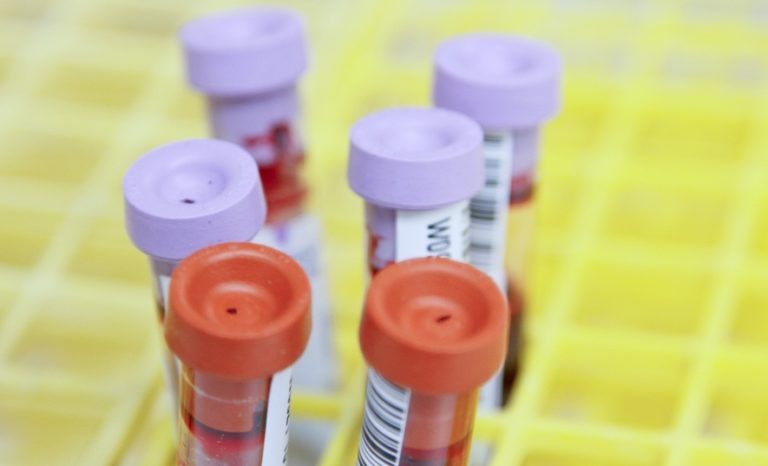Job interviews can be nerve-wracking, but one question that you can almost guarantee will come up is, “Why are you changing jobs?” While it may seem like a straightforward query, crafting a thoughtful and convincing response can significantly impact the outcome of your interview. In this blog post, we’ll explore how to answer this common interview question effectively.
1. Emphasize Career Growth and Learning Opportunities
One of the most positive reasons for changing jobs is to seek new challenges and opportunities for professional development. When an interviewer asks about your reasons for changing jobs, highlighting your desire for growth can be a compelling response.
Here’s a sample answer:
“I’m seeking a new opportunity that will allow me to further develop my skills and take on more challenging responsibilities. While my current job has provided a strong foundation, I believe that a change will expose me to a wider range of experiences and help me grow both personally and professionally. I’m excited about the prospect of learning new things and contributing my expertise to a new team.”
This response not only demonstrates your commitment to self-improvement but also shows that you are proactive in shaping your career.
2. Address Issues Respectfully and Positively
Sometimes, the reasons for changing jobs are less about seeking opportunities and more about addressing challenges or issues in your current position. Whether it’s a toxic work environment, lack of growth prospects, or a company’s values not aligning with yours, it’s crucial to address these concerns in a way that reflects positively on you.
For example:
“I’ve had a great experience with my current employer, but I’ve reached a point where I believe my skills and values could be better utilized elsewhere. I’m looking for a work environment that aligns more closely with my personal values and offers a stronger platform for my professional growth. I believe this change is a natural progression in my career, and I’m excited about the possibilities it presents.”
This response acknowledges the positive aspects of your current job while emphasizing your desire for a better fit elsewhere.
3. Showcase Alignment with the Company’s Values and Goals
Employers appreciate candidates who have thoroughly researched their organization and can demonstrate alignment with the company’s mission, values, and goals. When you’re asked why you’re changing jobs, take the opportunity to show that you’re not just looking for any job but one that aligns with your aspirations and the company’s objectives.
Here’s how you can do it:
“I’ve been impressed by [Company’s Name]’s commitment to innovation and its dedication to making a positive impact in the industry. I’m excited about the opportunity to contribute my skills and experiences to a team that shares my values and vision. This role seems like the perfect fit for my career goals, and I believe it’s a step forward in the right direction for both of us.”
This response illustrates that you’ve done your homework and genuinely believe in the company’s mission, making you a more attractive candidate in the eyes of the interviewer.
In conclusion, the question, “Why are you changing jobs?” is an opportunity to showcase your professionalism, commitment to growth, and alignment with the organization’s values. Crafting a well-thought-out response that focuses on these aspects can help you make a strong impression during your job interview and increase your chances of landing the position you desire.













